Student Researchers
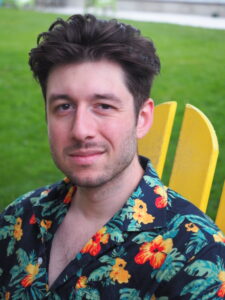
Rod Abhari uses network methods to study how science is influenced by corporate and political actors. His work with the CCPP investigates the online mobilization of extremism. He holds an M.A. in Communication from the University of Wisconsin – Madison and an M. A. in Science and Technology Studies (STS) from the University of Maastricht in the Netherlands.
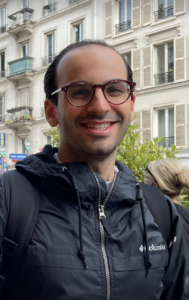
Mowafak Allaham is a PhD student in Northwestern’s Technology & Social Behavior program interested in the areas of computational communication and computational social science. He combines methods from computer science and statistics with theories from social sciences and communication studies to study the various forms of public engagement with news media and its implications online and on society.
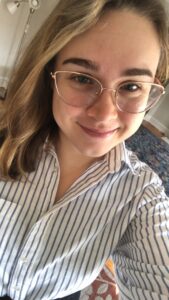
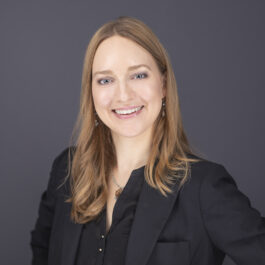
Camille Saucier is a doctoral candidate in the Media, Technology, and Society program at Northwestern. Her major areas of study include health/strategic communication, misinformation, and media effects. Her research interests explore the sensemaking strategies we use to understand information and the processes that can bias our interpretations. In other words, why do people accept some types of information but not others, how does this information influence perceptions, and what are the stories used to make sense of it all? Prior to joining COM-PSI, she worked as a research specialist with the Media Impact Project and Hollywood, Health & Society under the Norman Lear Center. She holds a B.A. in Psychology, M.A. in Communication Management, and graduate certificate in Sustainable Policy and Planning from the University of Southern California.
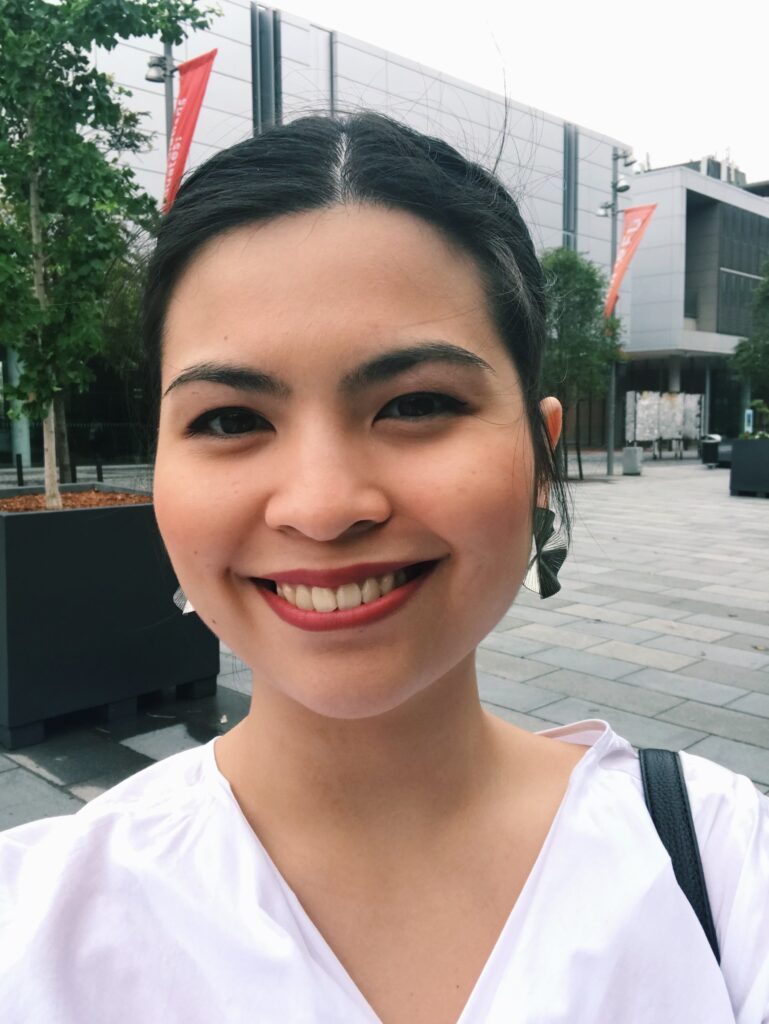
Fatima Gaw is a Media, Technology and Society PhD student at Northwestern University, working with Dr. Erik C. Nisbet. She investigates how media logics, platforms, and ecosystems shape contemporary politics. Her research focuses on the cross-platform analyses of propaganda, disinformation, and elections on social media. Fatima has a Master’s degree in Digital Communication and Culture from the University of Sydney, and a Bachelor’s degree in Broadcast Communication from the University of the Philippines.
Hoda Fakhari is a Ph.D. student in the Media, Technology, and Society program and M.S. candidate in Applied Statistics at Northwestern. Within the contexts of science and health, she studies the processes and outcomes associated with the communication of complex and uncertain phenomena. She is also interested in the role of communication environments in individual and collective information management behaviors. Hoda holds a B.S. in Biochemistry and B.A. in English with a concentration in media, rhetoric, and cultural studies from the University of Illinois at Chicago (UIC) and an M.S. in Health Communication from Northwestern.
